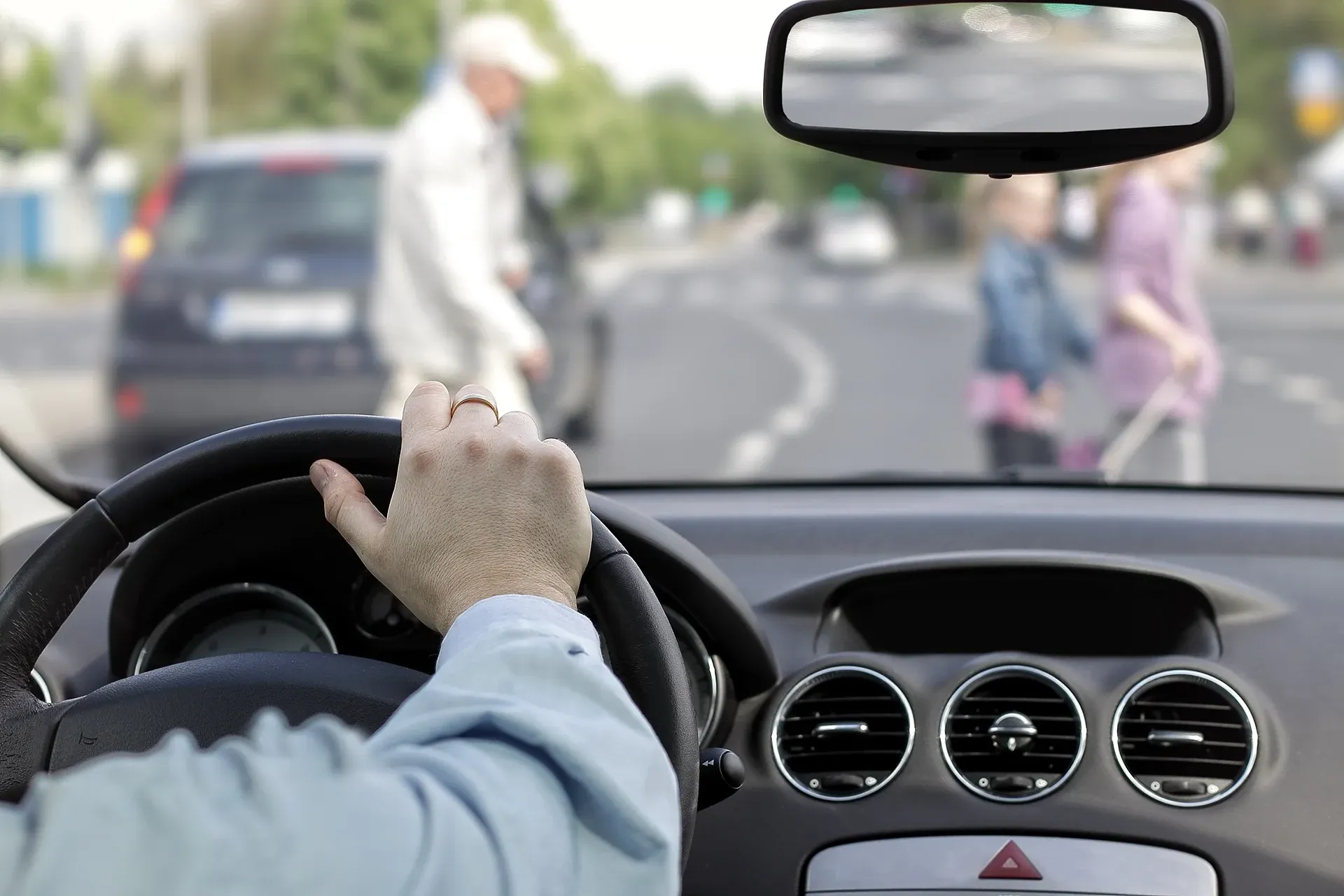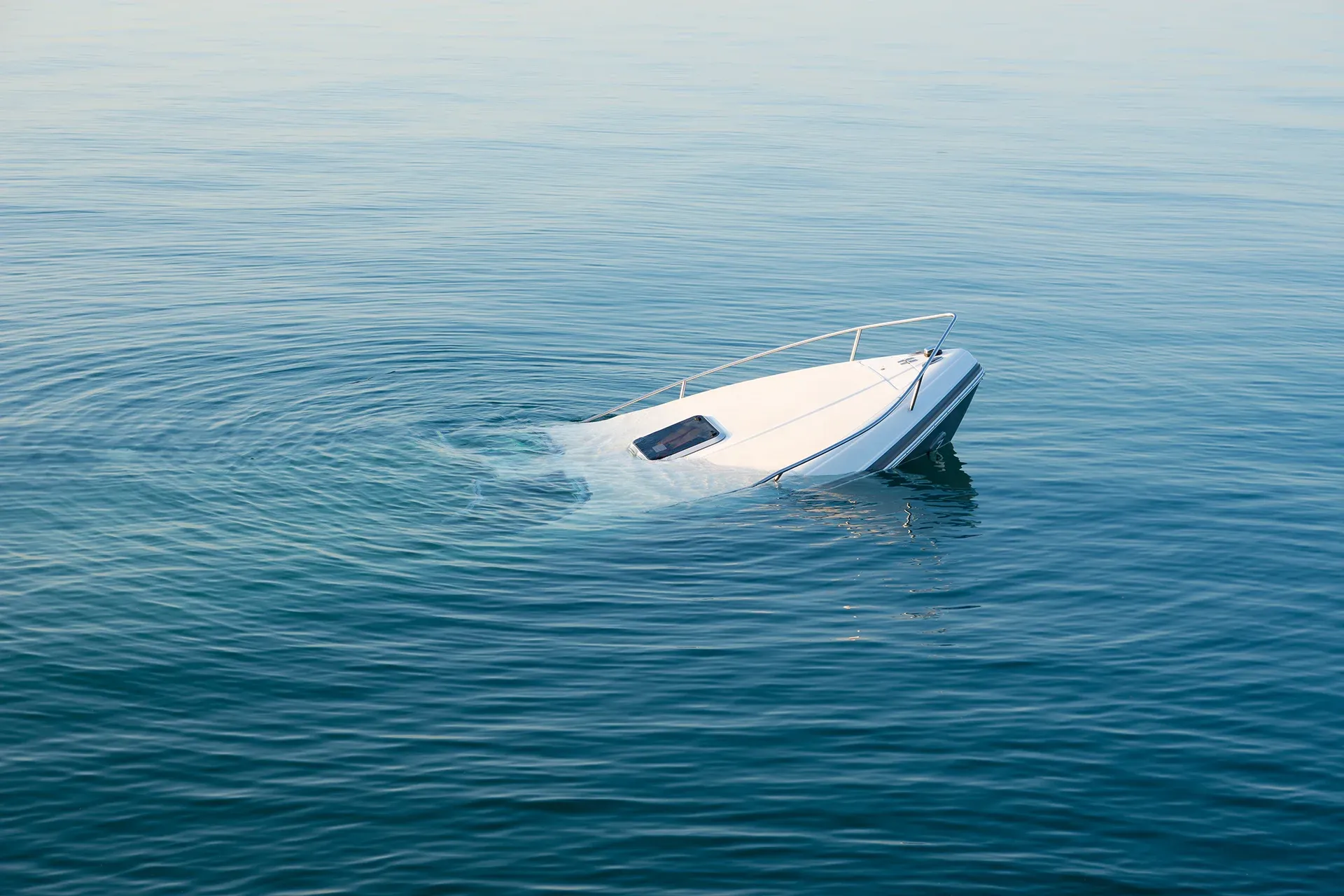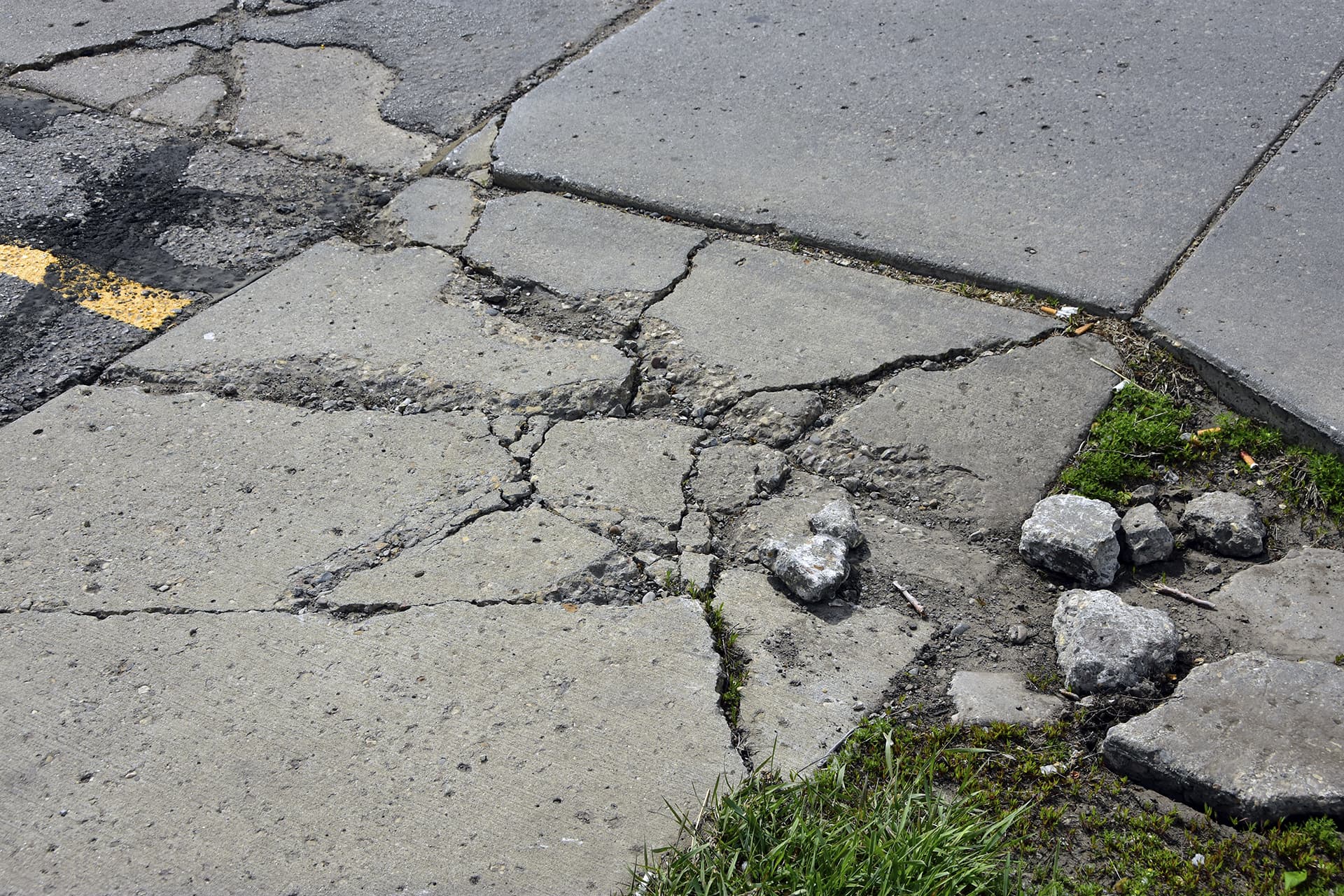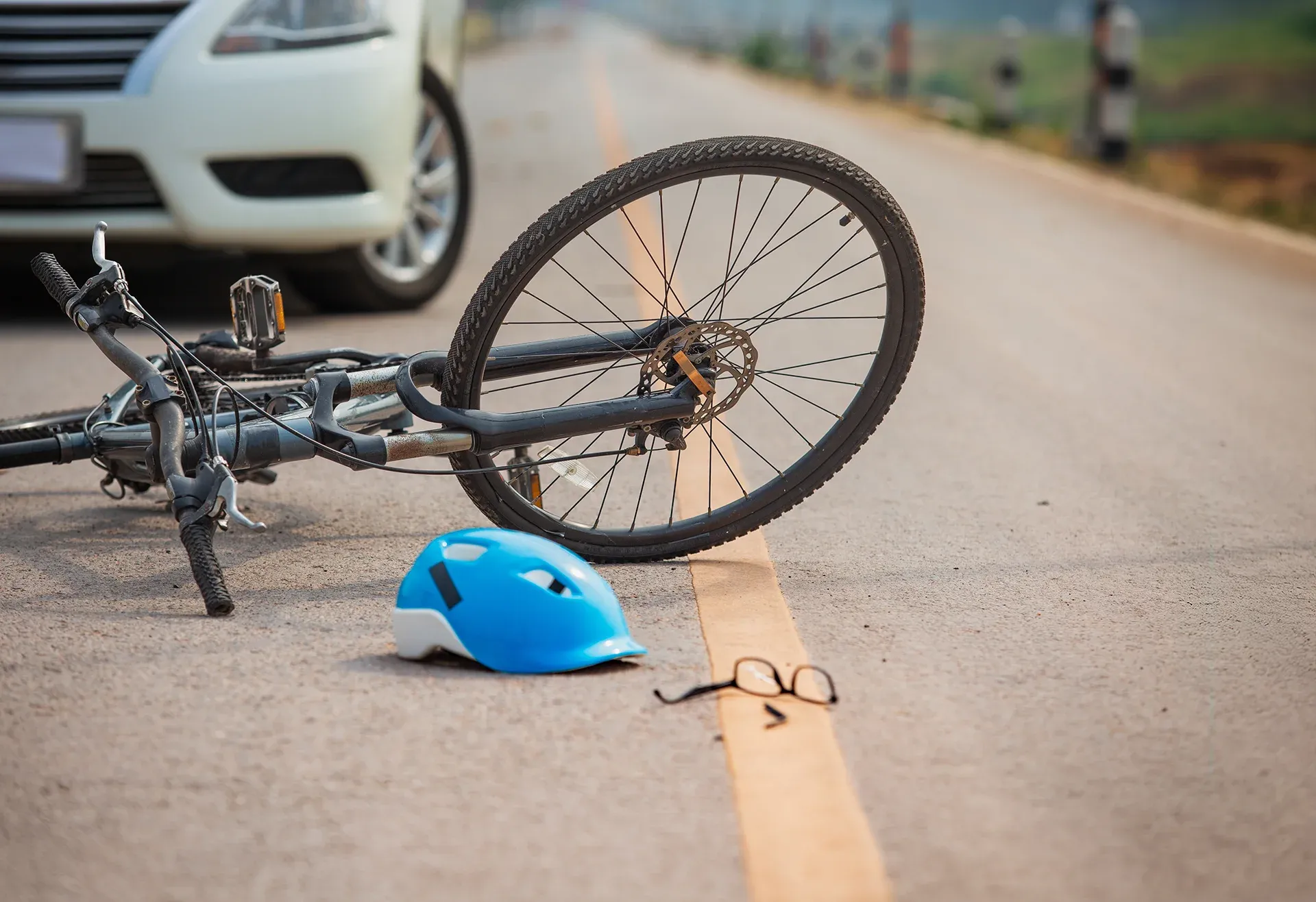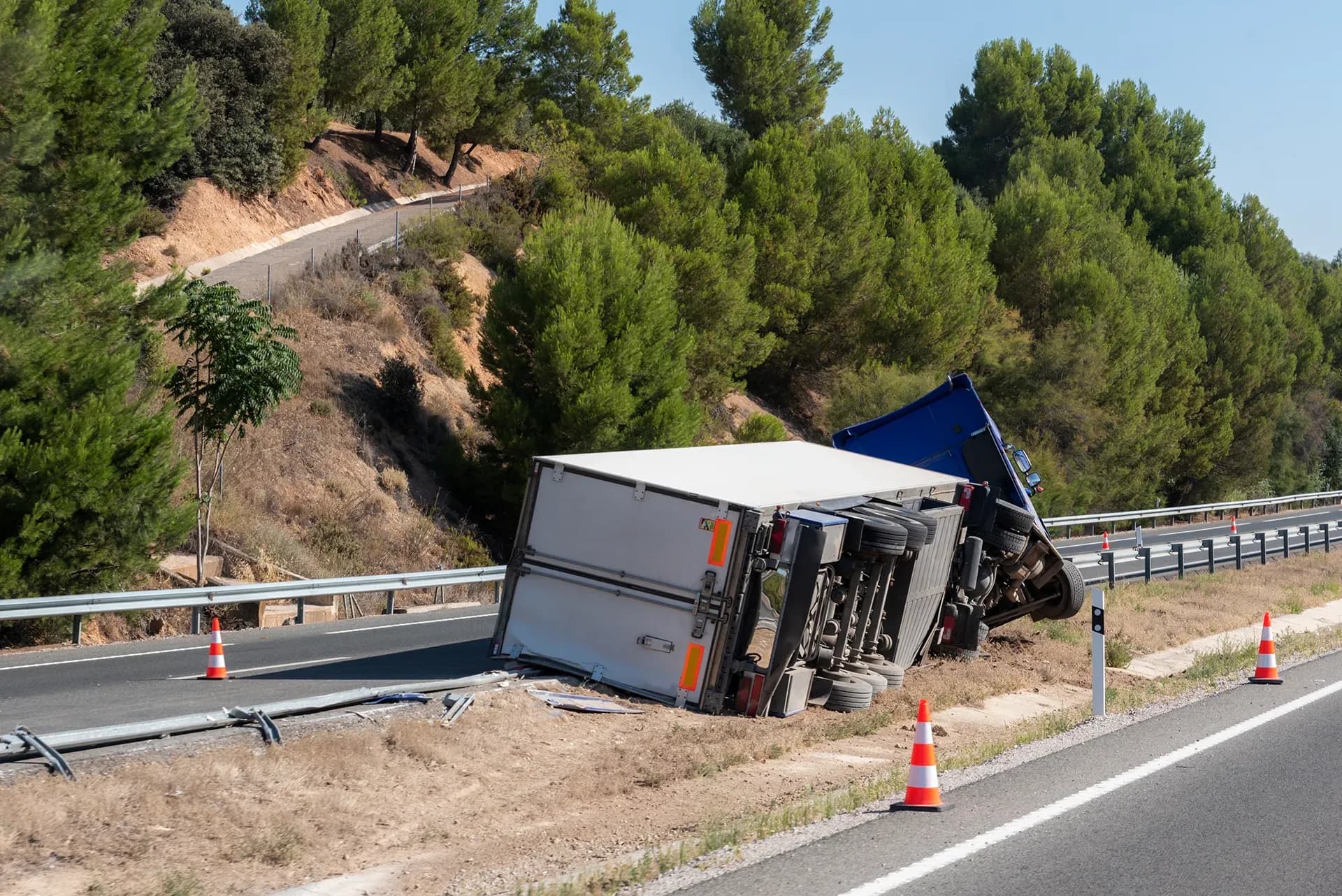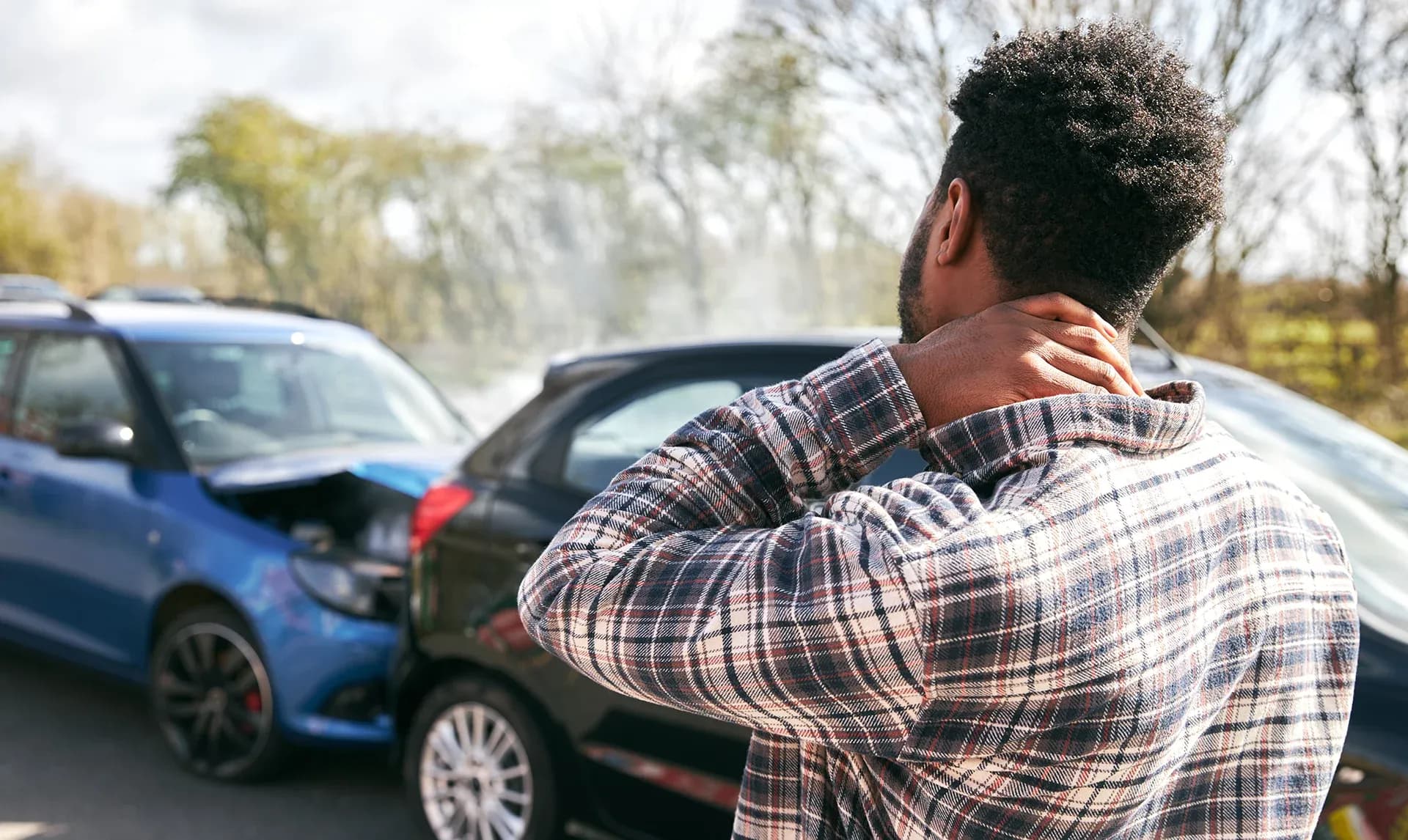Key Evidence When Proving Premises Liability
Premises liability cases rely heavily on the ability to prove that a property owner was negligent in maintaining a safe environment for visitors. Evidence plays a critical role in establishing a strong premises liability claim. An Illinois lawyer ...
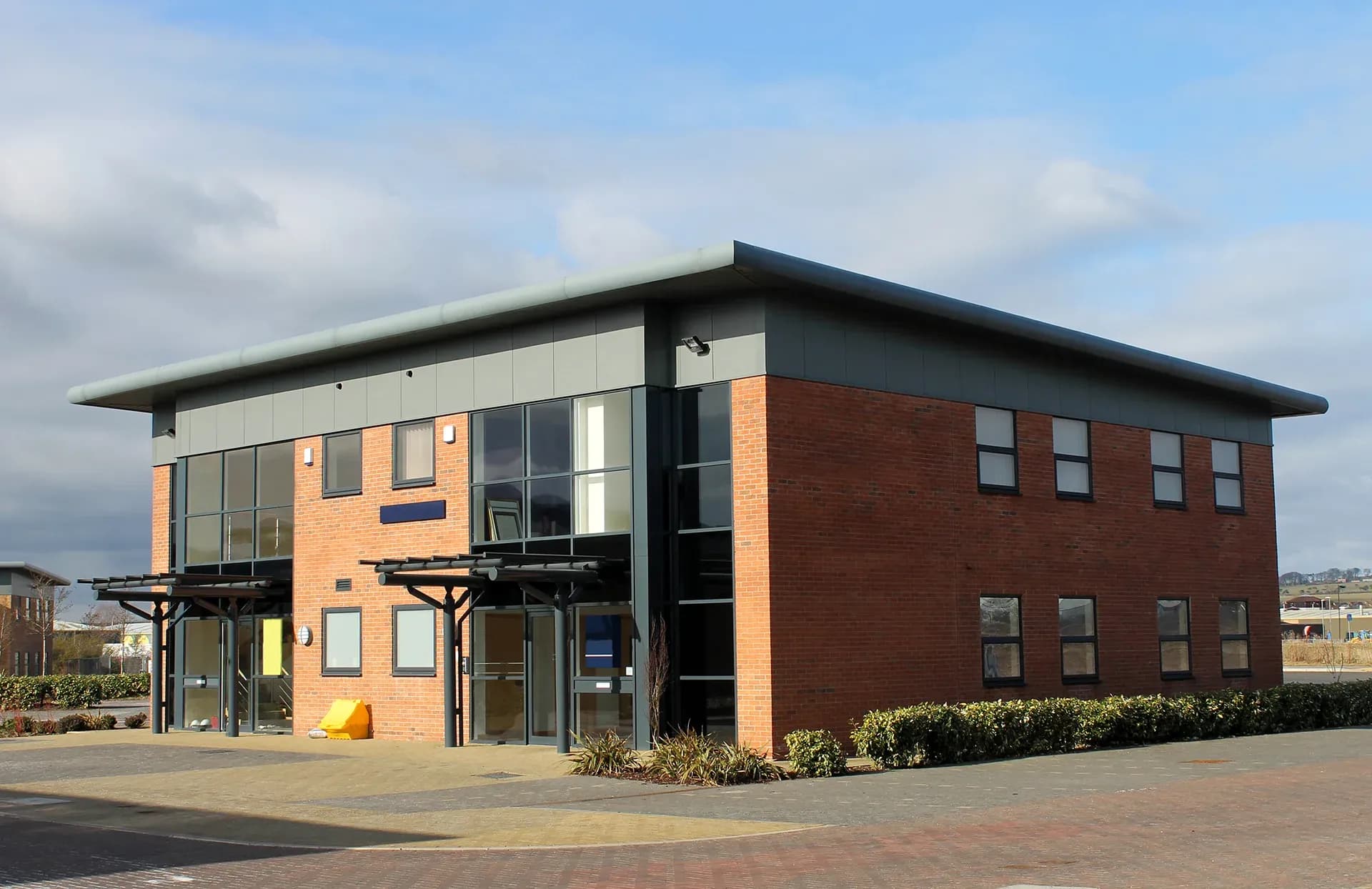
Premises liability cases rely heavily on the ability to prove that a property owner was negligent in maintaining a safe environment for visitors. Evidence plays a critical role in establishing a strong premises liability claim. An Illinois lawyer can help you explore the types of evidence needed and how to take the next step.
What is Premises Liability?
In Illinois, premises liability is a subset of personal injury law that assigns responsibility to property owners and occupiers for accidents and injuries occurring on their property from hazardous conditions. To see possible success in a premises liability claim, you must prove that the property owner had a duty of care towards them, that this duty was breached, and that the breach was the direct cause of your injuries.
The Role of Evidence in Proving Negligence
Gathering compelling evidence is essential to proving negligence in a premises liability case. The following types of evidence can significantly strengthen a claim:
- Incident Reports and Witness Statements: Incident reports can provide valuable insight into the circumstances surrounding the accident. Witness statements observing the incident or hazardous conditions can support your version of events.
- Photographs and Video Footage: Visual evidence is incredibly powerful in premises liability cases. Photos of dangerous conditions, such as a broken staircase or uneven pavement, can illustrate the hazard that caused the injury. Video footage obtained from security cameras or bystanders can capture the moment of the accident and possibly strengthen the case.
- Medical Records and Expert Testimony: Medical records documenting the injuries, treatment, and recovery process are crucial in establishing the extent of the damages. Expert testimony from medical professionals can further explain the severity of the injuries and the long-term impact on your life.
- Maintenance Records and Violation History: Obtaining maintenance records can reveal whether the property owner neglected to address known hazards or failed to perform regular upkeep. If the property has a history of violations or accidents, this evidence can demonstrate a pattern of negligence.
Building a Strong Premises Liability Claim
Constructing a strong premises liability claim involves several critical steps that you should consider:
- Begin gathering evidence as soon as possible after the accident. Physical evidence may disappear, and witnesses’ memories may not be as clear over time.
- Keep a detailed record of the incident, including the date, time, location, and description of the hazardous condition. Obtain copies of any incident reports filed.
- Safely store any physical evidence, such as torn clothing or broken objects, to support the claim.
The Importance of a Lawyer On Your Side
A premises liability claim can be complex, especially when gathering and presenting evidence effectively. A lawyer can be invaluable in this process, help identify the necessary evidence and subpoena records, and engage expert witnesses to strengthen the case. An attorney can negotiate with insurance companies and vigorously advocate for your rights in court to potentially receive compensation for your injuries and losses.
Contact a Lake County, IL Personal Injury Attorney
Evidence plays a pivotal role in proving premises liability under Illinois law. By understanding the evidence needed and working closely with a Waukegan, IL premises liability lawyer, you can build a strong case and hold negligent property owners accountable for any negligent actions. Call Salvi & Maher, LLP at 847-662-3303 to start with a free consultation.
